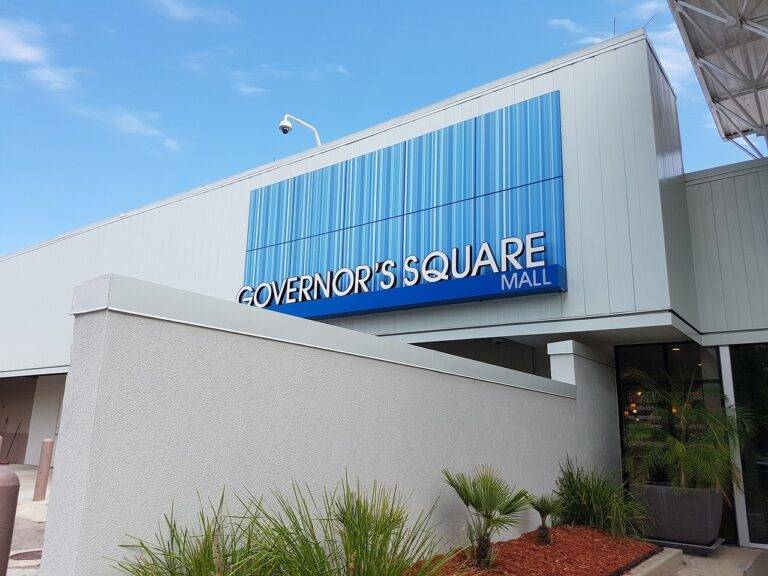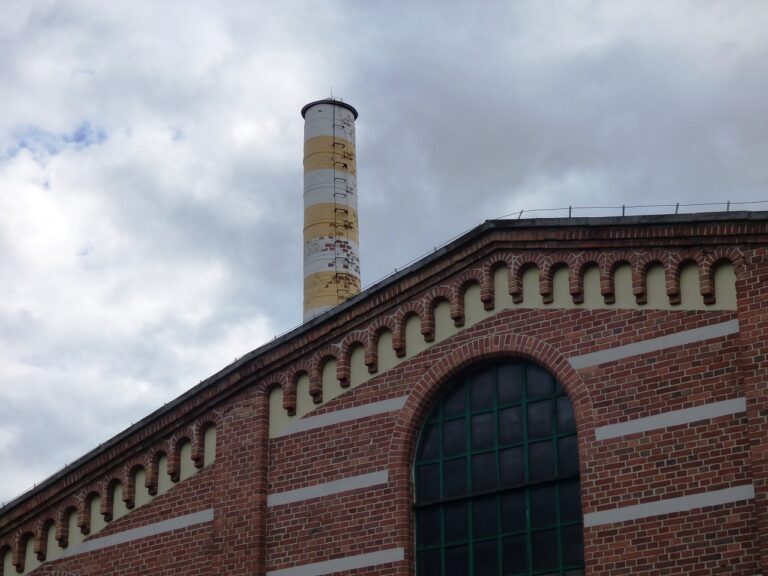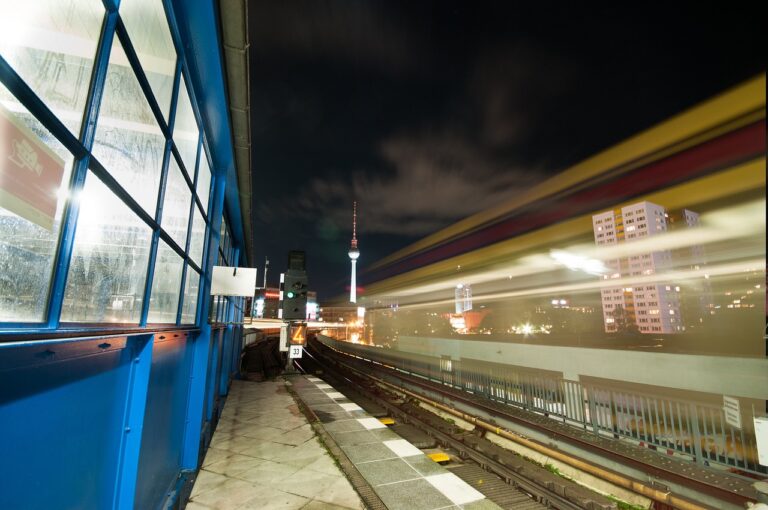Analyzing the Market Potential of Modular Construction: All panel 777.com login, Laserbook247, 99exch
all panel 777.com login, laserbook247, 99exch: The construction industry is constantly evolving, with new trends and technologies shaping the way buildings are designed and constructed. One of the emerging trends in construction is modular construction, where buildings are constructed off-site in modules and then assembled on-site. This method offers several advantages, including faster construction times, reduced costs, and increased flexibility in design.
Analyzing the market potential of modular construction is crucial for construction companies looking to stay competitive and meet the growing demand for efficient and sustainable building solutions. In this article, we will dive into the factors that make modular construction attractive to the market and explore the opportunities it presents for the construction industry.
Cost-Efficiency
One of the main advantages of modular construction is its cost-efficiency. By constructing building modules in a controlled factory setting, companies can reduce labor costs and waste materials. This translates into lower construction costs for clients, making modular construction an attractive option for budget-conscious projects.
Faster Construction Times
Modular construction allows for simultaneous work on-site and off-site, leading to faster construction times compared to traditional methods. This is especially beneficial for projects with tight deadlines or projects in urban areas where construction space is limited. The ability to complete projects faster can give companies a competitive edge in the market, attracting clients looking for quick turnaround times.
Quality Control
Another advantage of modular construction is the high level of quality control that can be achieved in a factory setting. Building modules are fabricated to precise specifications, reducing the likelihood of errors or defects in the final construction. This results in buildings that are structurally sound and built to last, increasing client satisfaction and minimizing the need for costly rework.
Sustainability
Modular construction is also more sustainable than traditional construction methods. By minimizing waste materials and reducing energy consumption during the construction process, modular buildings have a lower environmental impact. This aligns with the growing demand for sustainable building solutions in the market, making modular construction an attractive option for environmentally conscious clients.
Scalability and Flexibility
Modular construction offers a high level of scalability and flexibility in design. Building modules can be easily reconfigured or expanded to meet changing client needs or project requirements. This makes modular construction a versatile option for a wide range of projects, from residential homes to commercial buildings.
Market Opportunities
The market potential of modular construction is vast, with opportunities for growth in various sectors, including residential, commercial, and industrial construction. As clients increasingly seek cost-efficient, sustainable, and innovative building solutions, the demand for modular construction is expected to rise. Companies that can capitalize on this trend and offer high-quality modular construction services stand to benefit from a competitive advantage in the market.
FAQs
Q: How does modular construction compare to traditional construction methods in terms of cost?
A: Modular construction is often more cost-efficient than traditional construction methods due to reduced labor costs, waste materials, and faster construction times.
Q: Can modular buildings be customized to meet specific design requirements?
A: Yes, modular buildings can be customized to meet a wide range of design requirements, offering scalability and flexibility in design.
Q: Are modular buildings as durable as traditionally constructed buildings?
A: Yes, modular buildings are built to high-quality standards in a controlled factory setting, making them structurally sound and durable.
Q: What are the environmental benefits of modular construction?
A: Modular construction reduces waste materials and energy consumption, making it a more sustainable option compared to traditional construction methods.
In conclusion, the market potential of modular construction is significant, with opportunities for growth in various sectors. By leveraging the cost-efficiency, speed, quality, sustainability, and flexibility of modular construction, companies can gain a competitive edge in the construction industry and meet the evolving needs of clients seeking innovative building solutions.







